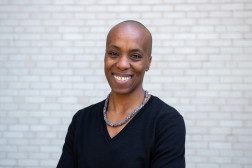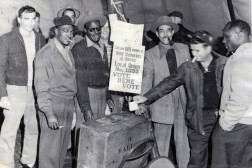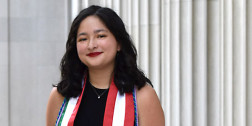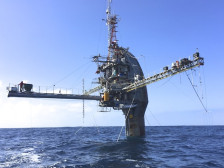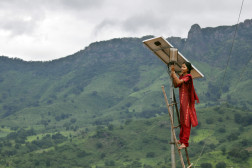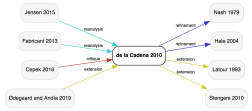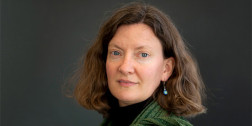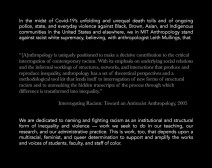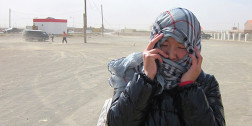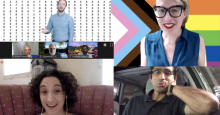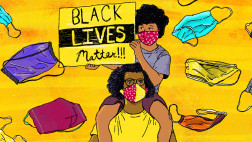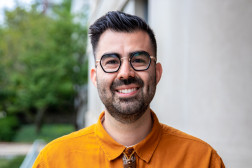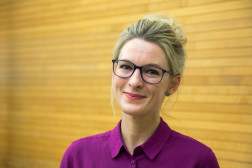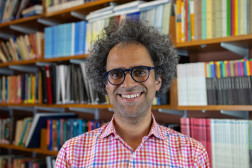News Archive
M. Amah Edoh's innovative course 21A.S01 makes University World News: "Global MIT reparations course takes open learning to new level"
Sharon Dell | University World News
November 12, 2021
3 Questions: An anthropologist and a filmmaker on working-class lives in Chicago
Peter Dizikes | MIT News Office
September 22, 2021
Anthropology student Lia Hsu-Rodriguez '21 "Meet the MIT Bilinguals: Health Care Equity" for MIT SHASS Said and Done
Staff Writer: Alison Lanier | MIT SHASS Communications Office Said + Done Magazine | Photo: Liz Wahid
June 14, 2021
Flipping the Ship: Ocean Waves, Media Orientations, and Objectivity at Sea
Stefan Helmreich | Media+Environment | Image: Stefan Helmreich
June 11, 2021
Oximeters Used to Be Designed for Equity. What Happened?
Amy Moran-Thomas | WIRED Magazine | Image Credit: Amy Moran-Thomas
June 8, 2021
Keeping humanity central to solving climate change
Kelley Travers | MIT Energy Initiative Publication Date: April 22, 2021 | Photo: Abbie Trayler-Smith/Panos Pictures
April 26, 2021
Announcing Relata - A Critical Search Tool
February 25, 2021
Amy Moran-Thomas "On planetary change and human health"
SHASS News | Image: Hurricane Hattie Belize, by Delvin "Pen" Cayetano, 1996, Oil on Canvas
December 8, 2020
Case studies show climate variation linked to rise and fall of medieval nomadic empires
Alice McBride | EAPS News | Photo Credit: Bernd Thaller
November 30, 2020
Work Of The Future | 3Q: Christine Walley on the evolving perception of robots in the US
MIT News | MIT Task Force On Work of the Future
November 23, 2020
The Meaning of Masks: Masks can reveal new possibilities
MIT SHASS, photo credit: Lauren Bonilla
August 7, 2020
Teaching With Digital Technology Award winners recognized for their innovations
MIT Open Learning
August 3, 2020
Post-doctoral Fellow Héctor Beltrán is interviewed for Data & Society's series, "#unsettle: Strategies for Decolonizing Tech Research"
Rigoberto Lara Guzmán and Natalie Kerby with Héctor Beltrán | Data & Society: Points
December 20, 2019
Associate Professor Amy Moran-Thomas featured on MIT News
December 20, 2019

